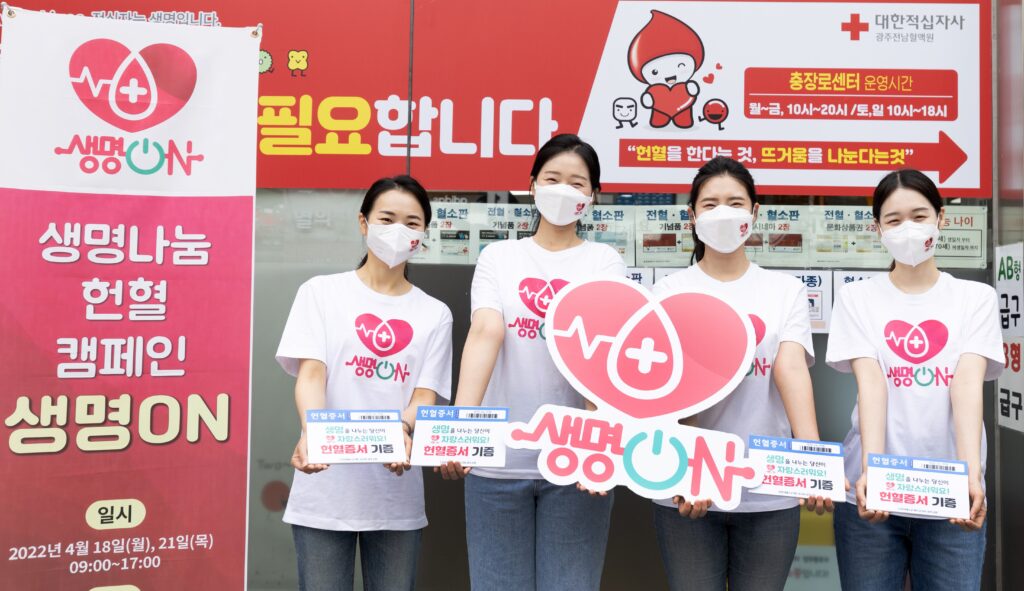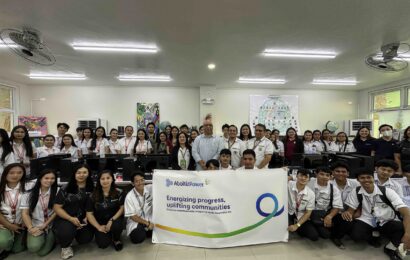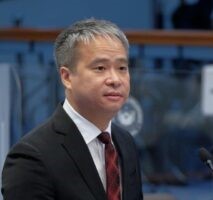
IN South Korea, a group of over 18,000 people participated in the massive blood donation drive held from April 18 to May 1, recorded as the largest group blood donation in the country.
Blood shortages due to COVID-19 are prevalent across the world wherein on January, the American Red Cross declared “a national blood crisis” posing a great risk to patient care then on March, a US-based non-profit organization Memorial Blood Centers (MBC) declared the blood “emergency” due to a lack of the stock of type O blood at only 1-2 day supply and appealed to the public participation in a single blood donation that can save up to three lives.
According to the Red Cross, blood is used for a variety of purposes, including serious injuries caused by accidents, surgical procedures, anemia, childbirth, and cancer treatment. But since blood cannot be artificially produced, experts say that the only solution to the blood supply lies in donating blood.
The donors were volunteers from the Heavenly Culture, World Peace, Restoration of Light (HWPL) and church members of Shincheonji Church of Jesus which are both led by Chairman Lee Man-hee.
Namsun Cho, head of the Korean Red Cross Blood Services, said, “When the impact of the Omicron reached its peak, Shincheonji Church of Jesus launched a large scale of blood donation. It was like rain during a drought. We are surprised that the number of donors exceeded 6,000 in 3 days and more people participated. We appreciate their life-saving dedication.”
According to the Blood Management Center of the Korean Red Cross, the blood donations equate to 3.5 days’ blood supply (1 day’s blood supply is equivalent to 5,029 blood donations). Due to the voluntary blood donations, the national blood supply shortage that has been ongoing since the beginning of this year due to the Omicron variant has been resolved at once.
“They did a really great job in the life-sharing movement. This scale is equivalent to one army corps donating blood for a year. The number of blood donors is nearly four times the number in a normal day, a great help in overcoming the current blood supply crisis,” said an official from the Blood Services.
“We also appreciate the members of the Shincheonji Church of Jesus who participated in the nationwide plasma donation for the development of a treatment for COVID-19 back in 2020,” he added.
In South Korea, blood donation certificates are issued to blood donors. The certificate can be used when paying for a blood transfusion so that the transfusion fee to patients is deducted. All the donors of Shincheonji Church of Jesus and HWPL also donated their certificates to alleviate the financial burden of patients who need blood for treatment.
Shincheonji Church of Jesus, headquartered in Gwacheon, South Korea, is contributing to the communities through volunteer activities including plasma and blood donations, although the church suffered greatly from the initial stage of COVID-19 pandemic.
HWPL, headquartered in Seoul, South Korea, is a non-governmental organization under the UN Economic and Social Council and Department of Global Communications, carrying out long-term peace projects through education, relief operations, and youth empowerment based on solidarity with civil society and international organizations in 193 countries.





